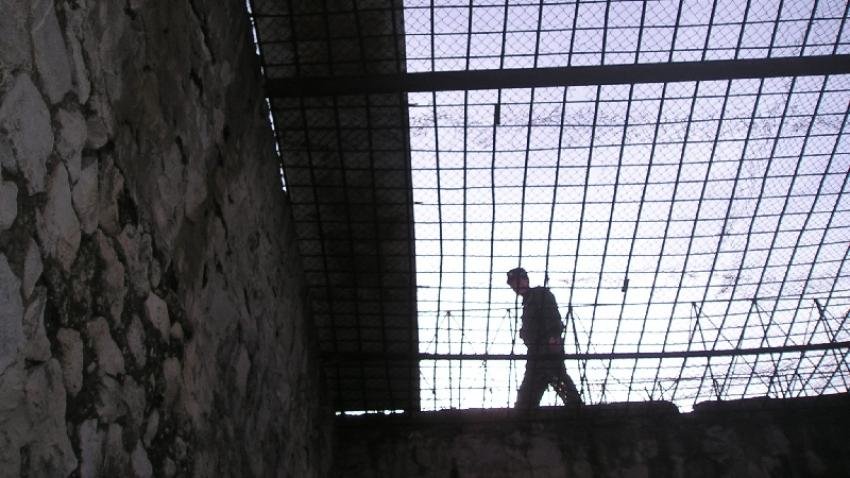NON-GOVERNMENTAL ORGANIZATION
The work with juveniles in the Penitentiary institution

On July 4th Civil Society
Institute NGO organized a workshop to present the main issues revealed during
the research of the social-psychological work conducted with juveniles and of
the educational process in «Abovyan» Penitentiary institution (PI).
Representatives of the Penitentiary Department, staff
members of the «Abovyan» Penitentiary institution, representatives of the local
and international organizations and Office of the RA Human Rights Defender took
part in the discussion.
Everyday life in the
Penitentiary Institution
The interviews conducted with 10 staff members of Abovyan PI
revealed a need for recruitment of experienced professionals with proper
specialized education. One psychologist is not able to work with women,
juveniles who are in preliminary detention and convicted juveniles. It is
necessary to involve a social worker as well.
Actually, education in Abovyan PI is not mandatory:
according to the interviews, only those who want participate in the classes.
The school within “Abovyan “PI has 15 employees. School
begins its work at 9 am, in the morning the classes are distributed and the
teachers either go to the isolator to conduct classes with detained juveniles
or stay at the school to work with convicts. Pedagogues gather together and
decide who will do a certain task as there is no clear schedule for the school
students from the isolator. Juveniles from the PI are not provided with books
and stationary. The school has a problem of hitting system and renovation.
There is a possibility both for
convicted and detained juveniles to communicate with the priest from the
department of the Armenian Apostolic Church which provide a service to PI.
During the interviews it was
mentioned that the black robes that wear the juveniles exert a psychological
pressure and it was suggested to changed the color of the cloths and take into
account juveniles’ preferences or allow them to wear civic cloths.
Convicted juveniles are
involved in all kind of works according to their own will and capacity.
The research of the
possibilities and principles for involvement of juveniles is different working
activities revealed obvious differences in respect of convicted and detained
juveniles. Detained juveniles do not
participate in working activities while at the time when the research conducted
two convicts have participated in the technical-economic work and were
remunerated. Other convicts were
involved in public works: improvement of the facility, cleaning, arrangement of
green spaces, tree cutting, renovation of their rooms, organization of concerts
on the holidays, cleaning of the snow in winter time. Nevertheless, all convicted juveniles are
involved in different working activities based on their will and capacity.
Although the PI takes measures
to organize leisure and recreation, possibility for detained juveniles to
participate is restricted and they are not allowed to leave their cells.
PI does not conduct any work
for juveniles after release, they are not supervised, and no any arrangement is
made to involve them in the secondary or vocational educational institution
etc.
During the workshop participants expressed their views and
comments which will be taken into account in the final publication based on the
research.
The research was implemented by the support of the Penal
Reform International in cooperation with the Office of RA Human Rights
Defender.

